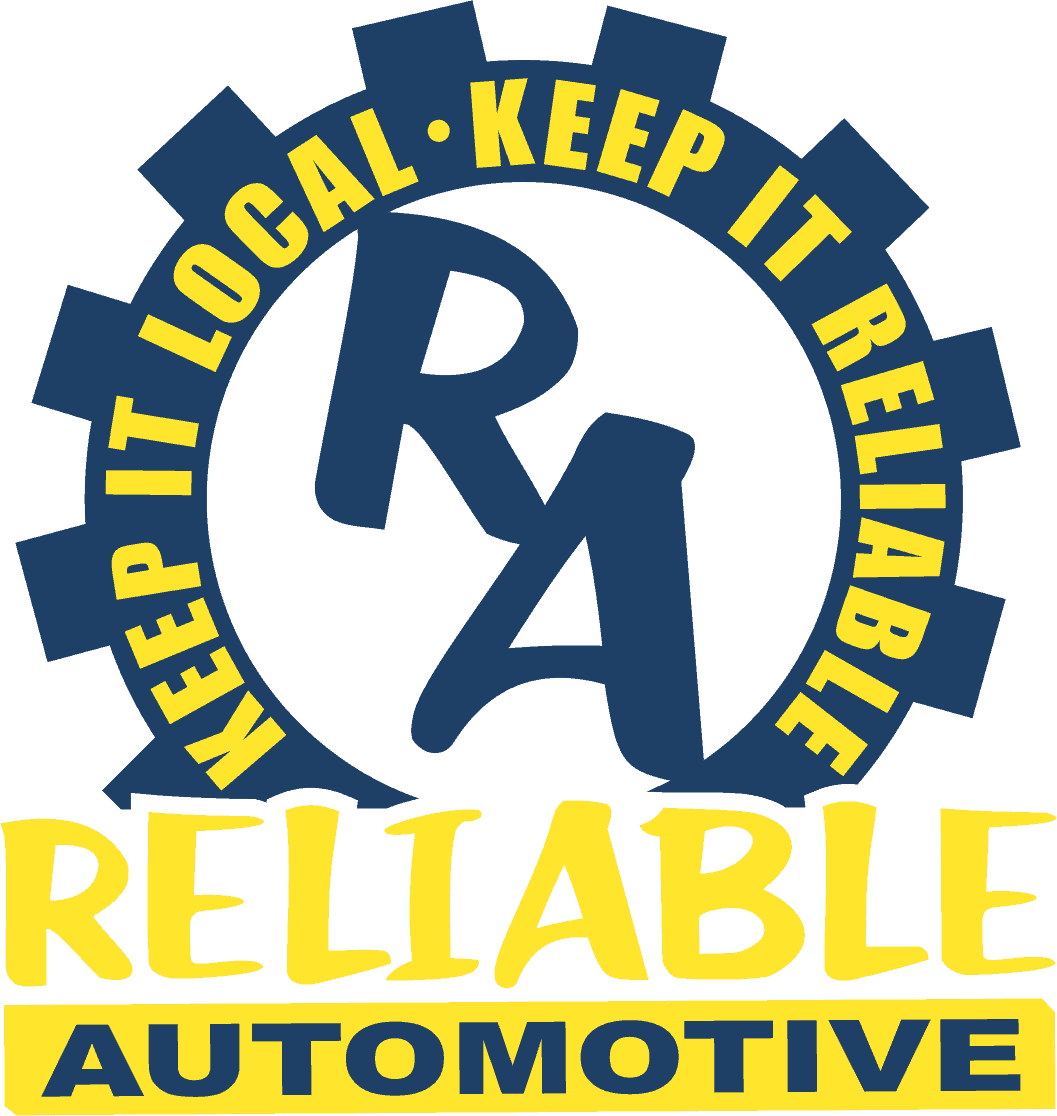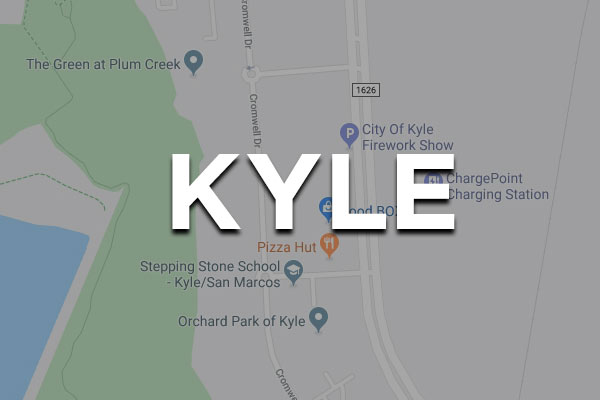
If you do not have a background in car mechanics, it can be tough to diagnose the large multitude of issues that can arise in your vehicle. Paying attention to the many signs and symptoms of a failing vehicle can be tough, and sometimes, there isn’t any obvious signs of an issue like a specific sound or smell. This is one reason why the “check engine light” comes standard on modern vehicles. Because cars today are extremely high tech and operate on a mostly digital system, there are a wide range of problems that could cause your check engine light to shine on your dashboard. Here are a few common reasons for your check engine light to come on in your vehicle!
Mass Air Flow Sensor – The mass airflow sensor (MAF) monitors the amount of air that goes into your fuel injected engine, and it is necessary for your car to use the right amount of fuel to run. Driving your vehicle with a failing MAF will cause a handful of symptoms like poor gas mileage, stalling, failure to start, shaking while idling, poor acceleration, and a generally less smooth drive.
Oxygen Sensor – The oxygen sensor (O2 sensor) monitors the amount of unburned oxygen in your exhaust system. In order for your vehicle to run properly, your engine needs a mixture of fuel and oxygen, and getting the right amount of both is crucial in its performance capacity. In addition to losing fuel efficiency, running your vehicle with a faulty O2 sensor can cause other issues to develop like damage to your catalytic converter or spark plugs.
Gas Cap – People are often shocked to find that the source of their check engine light woes is as simple as a loose or worn gas cap! As minor as it might seem, the cap that you screw on and off when you fill your tank up plays a big role in your vehicle’s function. The gas cap helps keep the fuel tank at the right pressure as well as prevents fumes from escaping altogether. If you notice your check engine light coming on right after filling up, this is likely the issue.
Spark Plug/Wires – The spark plug and wires are what helps ignite the combustion chamber. If your vehicle is having trouble starting or if it stalls while idling, this is likely due to a spark plug issue or damaged wires. Additionally, if either of these are not working properly causing low voltage, other parts of your engine will overcompensate causing further mechanical damage to parts such as your O2 sensor, catalytic converter, and ignition coils.
If your check engine light comes on, don’t ignore it just because your car seems fine. Addressing a potential problem sooner rather than later could possibly save you on repairs in the long run! Get your car to your mechanic or to your local auto parts store so that they can use a code reader to pinpoint the cause behind your check engine light!






